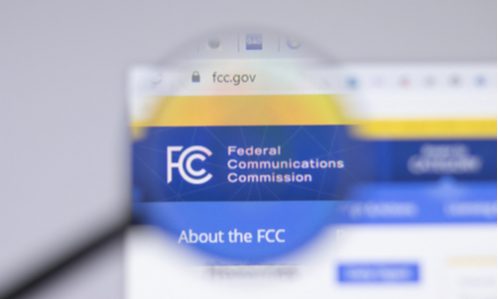The Federal Communications Commission (FCC) may consider overriding certain state-level artificial intelligence regulations, according to FCC Commissioner Brendan Carr. Speaking to reporters on Thursday following the agency’s monthly meeting, Carr stated that “it’s possible” the FCC could use its existing authority to preempt state laws in this emerging space.
As reported by Politico, Carr emphasized that the FCC’s review of its authority under federal law is still in the early stages, following directives in former President Donald Trump’s recently issued AI action plan. The agency is exploring how provisions in the Communications Act could apply to artificial intelligence oversight.
Carr pointed specifically to Sections 253 and 332 of the Communications Act, legislation originally enacted in 1934 and significantly revised in 1996. Per Politico, these sections grant the FCC authority to override state and local regulations in certain circumstances—an authority that could now be interpreted to encompass AI-related rules.
Related: White House, Senators Offer Contrasting Plans for AI Development
Section 253 of the Act bars state and local governments from interfering with entities providing telecom services, while Section 332 governs mobile service regulations, providing leeway for federal preemption. According to Politico, Carr suggested these provisions could support a broader federal role in managing AI policy to ensure uniformity across states.
Although the FCC’s traditional mandate focuses on telecommunications and broadband deployment, the agency is assessing whether its legal powers could be applied to the AI space—particularly as technologies increasingly rely on communications infrastructure.
Carr noted that the primary goal remains promoting broadband expansion, but hinted that the same legal frameworks might also be leveraged to address the growing patchwork of state-level AI legislation. Per Politico, the commissioner did not confirm any definitive course of action but indicated the agency is actively evaluating its options under existing law.

